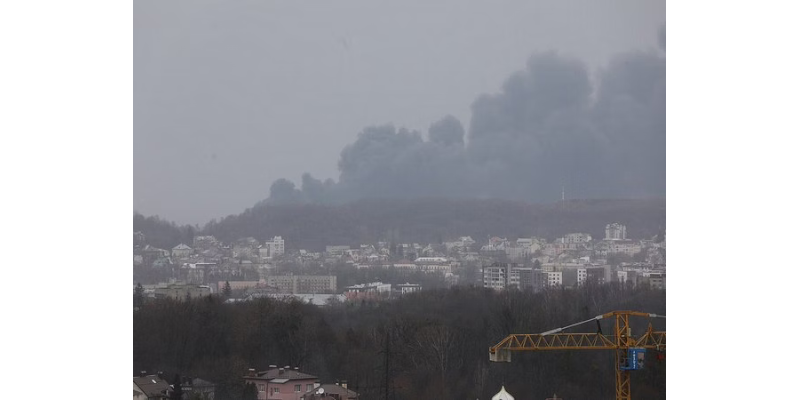Dharamshala, 5th April: According to one international law jurist, the conflict between Russia and Ukraine has reawaken memories of China’s colonization of Tibet. According to The Singapore Post, Prof. Michael Van Walt Van Praag, a jurist specializing in international conflict resolution, remarked “an interesting outcome of the events in Ukraine today is that it has helped the world community to revive its memory about how a big nation like China used its brutal force to occupy weaker neighboring nations like Tibet, East Turkistan and South Mongolia by imposing its own interpretation of history and law,”
Michael, who is currently a Senior Fellow at the University of California’s Institute for Social Science, went on to say: “the arguments being forwarded by President Putin of Russia today and the manner in which the Russian Army has invaded Ukraine have too many similarities to ignore how China occupied Tibet in 1950-1951 era”,
He made these statements at a webinar co-hosted by the Tibetan Youth Congress(TYC) and the Centre for Himalayan Asia Studies and Engagement (CHASE). It was centered on Prof. Michael and Miek Botjes’ well-known book “Tibet Brief: 20/20.”
He said that we should anticipate the international community to rally behind occupied countries like Tibet, East Turkistan, and South Mongolia, which China has colonized for decades. The Chinese communist regime’s repression of human rights in these countries, as well as the exploitation of their natural resources, is sure to become a major concern.
According to The Singapore Post, Michael warned foreign governments, diplomats, academics, and especially the international media to avoid being victims of specific terms that the Chinese government has been trying to propagate through systematic and sophisticated propaganda.
Using Tibetans, Uyghurs, and Mongols as examples, he stated that referring to them as “ethnic minorities” of China is a clear affirmation of Chinese assertions that they are an integral part of a larger Chinese population. However, the reality is that they are all autonomous and independent ‘people’ who belong to three different countries: Tibet, East Turkistan, and South Mongolia, all of which were formerly occupied areas.







Leave a Reply